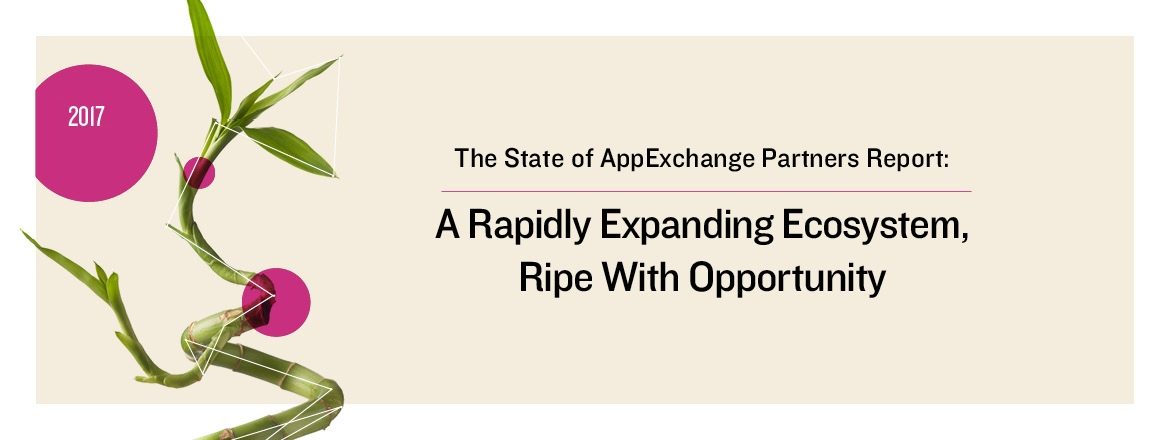
Over the past 20 years, the world has become more productive, connected, entertained, informed, educated, and alive by the incredible technological advances afforded by the Internet. It has been a level playing field where small, bootstrapped star-tups can take on large, entrenched corporations. Where lowly bloggers stand on the same podiums as the largest newspapers. Where the smallest hobby has the same access as the largest sport. This incredibly level playing field was made possible as all traffic on the Internet is delivered without prejudice; the Internet is a neutral medium for transferring bits and bytes. The stats are incredible:
- More than 1.3B people keep up with friends and relatives on Facebook.
- We converse about news, entertainment, sports, and every possible topic we love on Twitter.
- We watch more than 6 billion hours of video each month on YouTube.
- We execute more than 1.3B transaction a day on Salesforce.
- We send more thanr 6B emails a month with Mailchimp.
- We view more than 50B pages on Craigslist each month.
- More than 175M people sync more than 1B files each day on Dropbox.
On January 14, 2014, the US Court of Appeals struck down the FCC’s Open Internet Order. The rules, adopted in 2010, were put in place to prevent Internet service providers from slowing access to websites or services. On April, FCC boss Tom Wheeler proposed a new series rules for the “open Internet.” This proposal does anything but create an open Internet; it creates a neutered, prejudiced Internet. If the FCC were serious about keeping the Internet open, it would focus on areas that are completely in its mandate such as fostering a competitive broadband market. A free market would address the open Internet, as users would migrate to providers that did not limit traffic. However, in an era of massive consolidation (e.g. Comcast and Time Warner), the market has little competition and the ISPs wield incredible power – especially with lobbyists. On May 7, 2014, CodeScience joined with more than 100 other Internet companies (including Amazon, Dropbox, Ebay, Facebook, Google, Netflix, Twitter) in signing a letter to the FCC to keep the Internet open and level.
The Open Internet has a beautiful website and animation that clearly explains what is at stake. You can also follow the excellent writing by our friends at Techdirt for more details and breaking news. Save the Internet has collected more than a dozen ways that you can support Net Neutrality. Please join us and make your voice heard.

